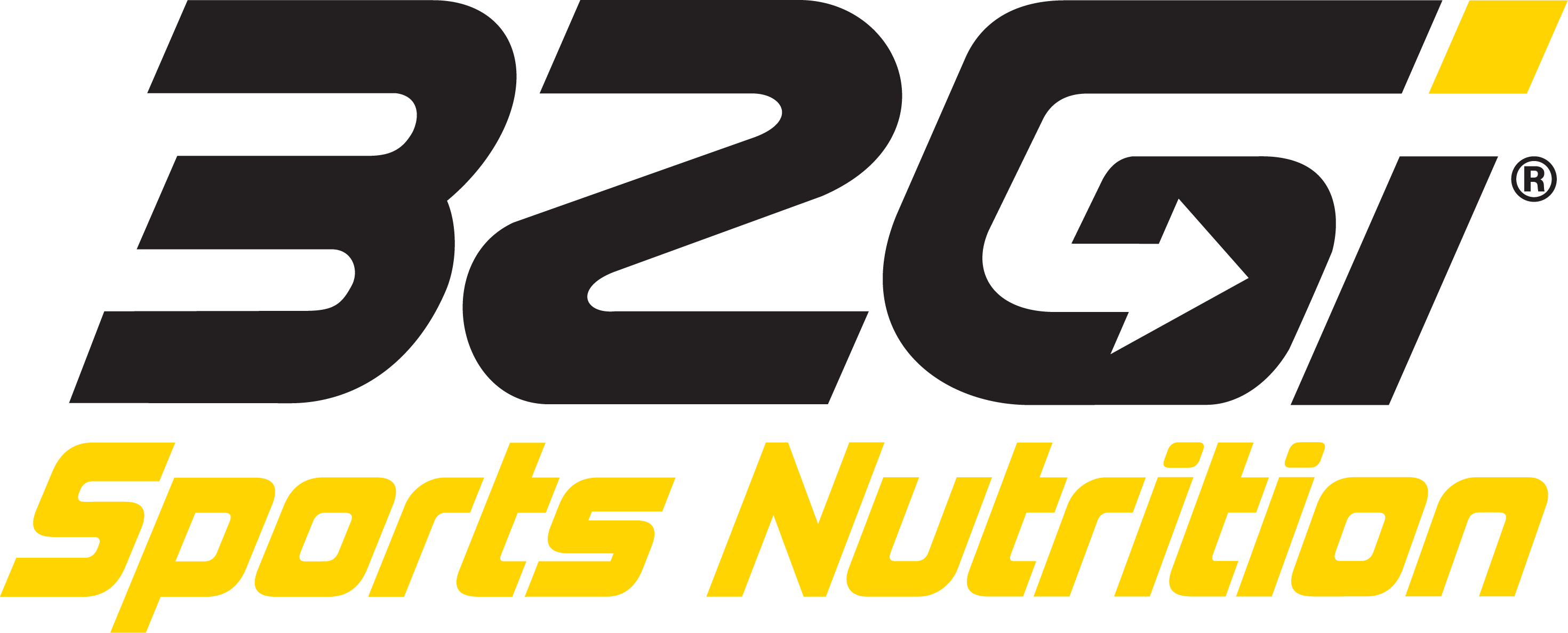Daily nutrition intake is by far the most important aspect of an athlete’s ability to fuel his energy requirements, perform and recover. One cannot start to eat proper healthy nutrient dense foods the week before the event and expect to benefit. Healthy nutrition needs to become a habit and continual lifestyle if you are truly looking for maximum benefit. It does not matter how fit, fast or strong you are, if you do not eat correctly you will never reach your full potential. Supplementation is only an add-on to a proper and healthy nutrition plan.
When it comes to training and racing supplementation if done properly can benefit performance. It is often one of the most neglected areas and too often athletes wake up at the last minute trying to cram their race nutrition strategies into the last few days before an event.This will only set you up for failure.
Race nutrition needs to be thought out, tried, tested, tweaked and finalised properly way before the event to ensure that on the day you will know exactly how to fuel your individual needs. A nutrition strategy that works for one athlete will not necessarily work for another. Each person is unique and has different levels of tolerance to certain food types and volumes. Each athlete also trains and races at different levels of intensity and this will also influence the type of chosen nutrition.
The type of event the athlete is participating in also determines nutrition selection swimming, running, cycling, stage racing, ultra-running, adventure racing will all have different requirements when it comes to the timing and type of fuelling available to the athlete.
Nutritional Considerations
With all this in mind the question often asked is what should you eat before, during or after training or racing session? There are four main considerations to take into account when deciding what kind of fuelling strategy you will use for an event.
1. The length of time and the intensity you are going to perform at for your event:
This often determines nutrition type due to high intensity demanding more from the body and putting the digestive system under stress.Timing is important as the longer your body is going to be put under stress the more the volume and timing of nutrient intake becomes critical.
2.The type of nutrition you prefer such as liquid energy vs food solids:
When performing at a high intensity it is difficult to chew on food for too long as the airways need to stay open. Nutrition selection needs to support the effort you are going to be performing at as well as what your body prefers. Some athletes prefer food solids and some prefer liquids others like a combination of the two.
3.What is your required carbohydrate intake per hour??
Volume of nutrition is important as each individual is unique and has different requirements.Test nutrition volume in training and then bank it for racing.
4.Do you like to consume protein during an endurance event?
At 32Gi we highly recommend protein intake along with carbohydrate intake during a long endurance event.
The tables on the following pages provide simple options guide to assist with your fuelling strategy.You are welcome to contact us directly for further assistance.
